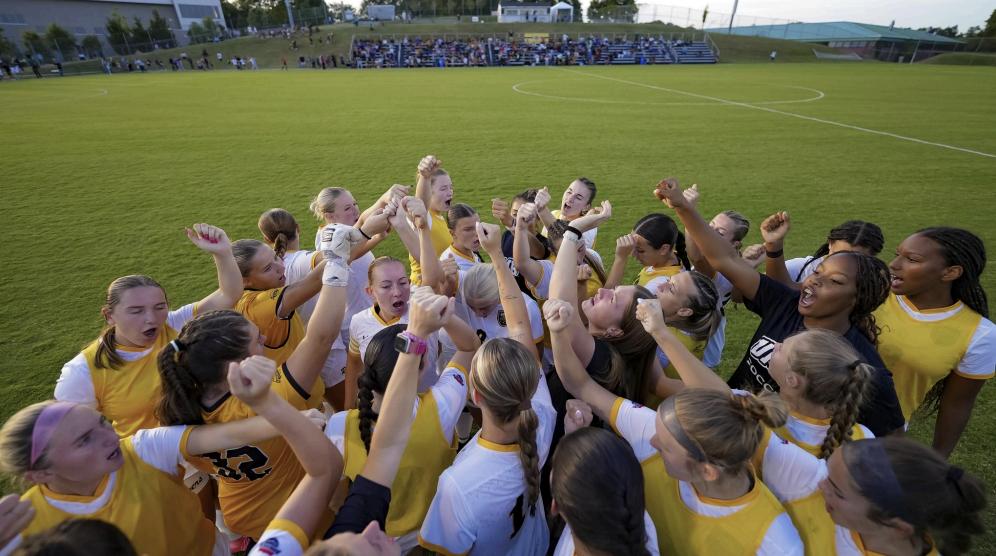In order to help address universities’s sexual assault issues, the U.S. Department of Justice Office has given UMBC and nine other participating members of the Baltimore Area Higher Education Coalition Against Sexual Violence a three year grant. Additionally, UMBC’s Office of Human Relations administered a campus climate and sexual assault survey in spring 2016 and published the results.
Baltimore Area Higher Education Coalition Against Sexual Violence aims to help victims find services on and off campus as well as assist campus response teams address sexual violence issues. This coalition also works to aid survivors through more inclusive trainings such as information for LGBT students. This grant will also be used to create new strategies to “respond to, and investigate sexual assault, domestic violence, relationship violence, and stalking, and to strengthen trauma-informed survivor services.”
The campus climate and sexual assault survey administered in spring 2016 yielded a response rate of five percent, as 666 students out of 13,317 students responded. According to the survey, 48 percent of respondents reported receiving information about how to prevent sexual assault, 28 percent of respondents reported receiving information about where to get help, 24 percent of respondents reported receiving information about how to report sexual assault and 23 percent of respondents reported receiving information about Title IX protections against sexual assault. In the 2015 National College Health Assessment, 75 percent of respondents indicated they had received information about sexual/relationship violence.
18.5 percent of respondents have experienced sexual violence or other unwanted sexual contact. Out of these unwanted sexual experiences, 72.5 percent of these incidents took place on campus and 37 percent happened within the first year of attending UMBC. The top three people involved in these incidents were acquaintances, strangers and non-romantic friends. The respondents; however, cannot be generalized to the total population of UMBC students as 62.6 percent of respondents were white and 61 percent were female.
Maryland Higher Education Commission published a detailed report on campus climate and sexual violence at Maryland colleges and universities. This report includes information from other universities as well such as University of Maryland, College Park, University of Maryland University College, Morgan State University, St. Mary’s College of Maryland and more. Most of the response rates to university administered surveys were low.
These findings also addressed two key points: while the majority of students “receive training on sexual assault and have the campus resources available, they are not clear about the process of reporting an incident” and while “students reported they would intercede to stop a possible act of sexual violence, they are fearful that their peers would respond negatively to someone making a report.” Institutions that received reports such as these stated that necessary steps would be taken for bystander training.
Additionally, a low percentage of respondents stated confidently that they knew how the process worked and understood the role of Title IX coordinator. Comprehensive programs that were implemented had three things in common: “They (1) ran throughout the academic year, (2) relied on multiple forms of media and communication (e.g., events, lectures, posters, emails, guest speakers) and (3) integrated students and faculty in the planning and implementation.”
At UMBC, there are resources available, from the Counseling Center, University Health Services, the Women’s Center, or the Center for Counseling and Consultation at the Universities at Shady Grove campus. Reports of sexual assault can be filed with Bobbie L. Hoye, Title IX Coordinator, as well as the UMBC Police.
